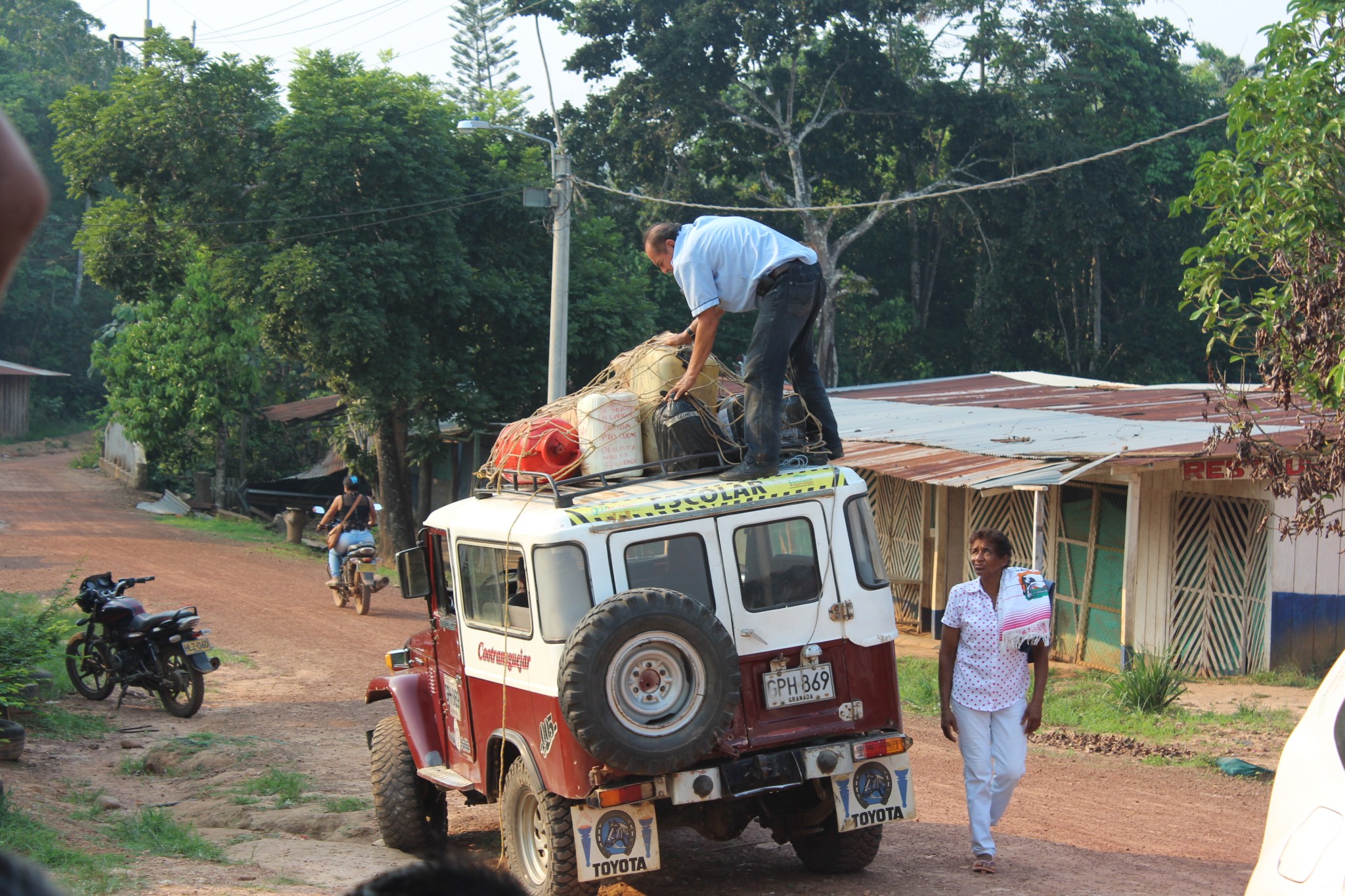Keeping the Peace in Colombia by Bridging the Divide Between Rural and Urban Areas

September 21 marks the United Nations International Day of Peace, an opportunity to reinvigorate the fight for freedom and stability across the world. In celebration of World Peace Day, the International Republican Institute (IRI) is proud to highlight our work advancing the peace process in Colombia by connecting legislators with citizens to address the fallout of the civil war in rural communities. This summer, our efforts bore fruit when Colombia’s congress passed legislation to increase access to education outside of the capital – a milestone in the peace process and an important step towards preventing future conflict.
Three years after the Colombian government and the Revolutionary Armed Forces of Colombia (FARC) signed a peace agreement that brought an end to the country’s 50-year internal armed conflict, the countryside continues to grapple with its long-term consequences. Across rural Colombia, schools remain abandoned and graduation rates continue to decline, with rural schools contributing to 70 percent of Colombia’s national dropout rate.
One of the goals of the peace process was to address some of the “initial causes” of the conflict, one of them being the inequality between urban and rural Colombia – addressed by Point 1 in the Peace Accords as “Comprehensive Rural Reform.” The disparity between rural and urban Colombia shows that the Peace Accord, despite its successes, remains a work in progress. While it aims to eliminate the conditions that breed violence by reducing poverty, promoting equality, and closing the gap between the city and countryside, the shortcomings in rural education prove there is work left to be done.
As Colombia continues its peace process, IRI is committed to helping the country achieve the goals set forth by the Peace Accords. To that end, the Institute is connecting legislators and rural communities through delegations that encourage citizens to share their priorities and press for solutions.
Through IRI’s support to the program “From the Capitol to the Territory”, rural communities in post-conflict regions brought to light one the biggest dropout rate drivers: a lack of safe school transportation outside the city. Though rural areas historically have been affected by State abandonment due to the conflict, this can still be seen in education, where students must often walk hours to reach their classrooms, because current regulations only allow municipal governments to hire buses for transportation in areas where the terrain requires different modes of transport.
In response, a group of congressional leaders drafted legislation to adapt the hiring options for school transportation in rural areas to the circumstances in the field. With the support of IRI, they presented what later became known as the “rural school transport bill” before Congress in 2018. IRI facilitated a photography exhibit in the capitol building that shed light on the schools that were abandoned due to armed conflict. The exhibition was designed to remind members of Congress that school dropouts in the past were caused by violence, but thanks to the Peace Accord, this changed. It was now evident that dropouts were no longer caused by violence; instead, the main cause was the long distances children had to walk due to lack of rural transportation. The objective of showing these photographs was to highlight that that this was now in the hands of the legislature, and to highlight the need to address this enduring problem.
On June 20, 2020 nearly two years after the legislation was proposed, the bill was finally signed into law, enabling more students to attend and graduate school, and bridging the gap between rural and urban Colombia.
While the full implementation of the Peace Accord continues to face challenges, successes such as the passing of this legislature makes an improvement in the lives of those who suffered 50 years of armed conflict and advances the goals set forth by the agreement. As the peace process continues, IRI remains committed to helping Colombians to close the gap between citizens and government in all regions.
Top